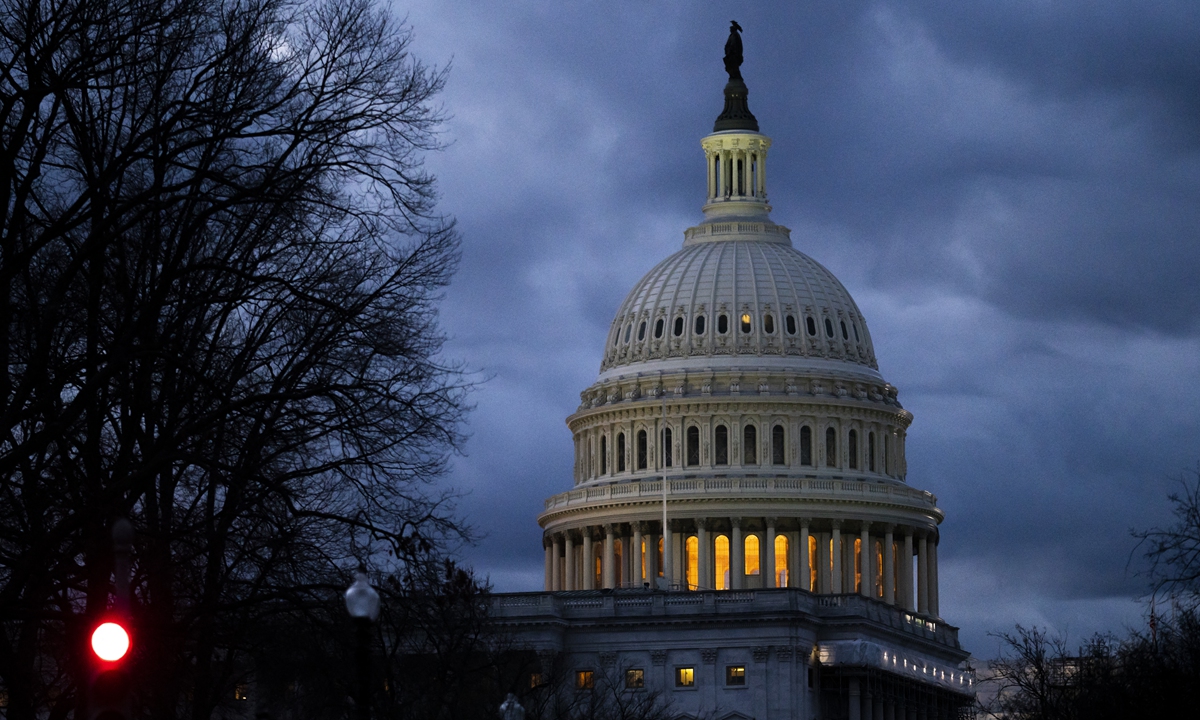Already a subscriber? Make sure to log into your account before viewing this content. You can access your account by hitting the “login” button on the top right corner. Still unable to see the content after signing in? Make sure your card on file is up-to-date.
Some US lawmakers have indicated that the United States may be approaching a recession.
Getting into it: During an appearance on Fox, Rep. Marjorie Taylor Greene (R-GA) voiced growing concern over the state of the US economy, warning that “we may be headed for a recession here, as we go into the holidays.” She criticized both Democrats and Republicans for contributing to government dysfunction and urged Congress to pass a continuing resolution (CR) to keep the government funded. Greene pointed to the ongoing government shutdown as a source of “chaos for the American people” and said that financial hardship is not theoretical but deeply personal and generational: “This is very much affecting my children’s generation… that generation is looking towards the future with very little hope.” She also criticized Speaker Mike Johnson for keeping the House in recess during a time of economic instability, saying, “I’m not taking a paycheck during the shutdown, but I know some of my colleagues are,” and called the move “the worst political move” possible.

Echoing some of Greene’s economic concerns, Treasury Secretary Scott Bessent acknowledged that while the broader economy may appear stable, “there are sectors of the economy that are in recession,” specifically pointing to housing. He attributed much of the distress to the Federal Reserve’s aggressive interest rate policies, stating, “The Fed has caused a lot of distributional problems with their policies,” and argued that lowering mortgage rates could end the housing recession. According to Bessent, these rate hikes have disproportionately hurt lower-income Americans, who often carry more debt than assets.
This all comes as recent job market data has revealed that US employers have announced more than 1.1 million layoffs so far in 2025 (a figure not seen since COVID). October alone saw over 153,000 announced layoffs, representing a 183% increase from the previous month and the worst October for job cuts in over two decades.
Major companies such as UPS (48,000 layoffs), Amazon (30,000), and Target are leading the charge, citing cost-cutting and artificial intelligence as the primary drivers behind workforce reductions.







